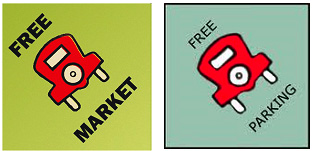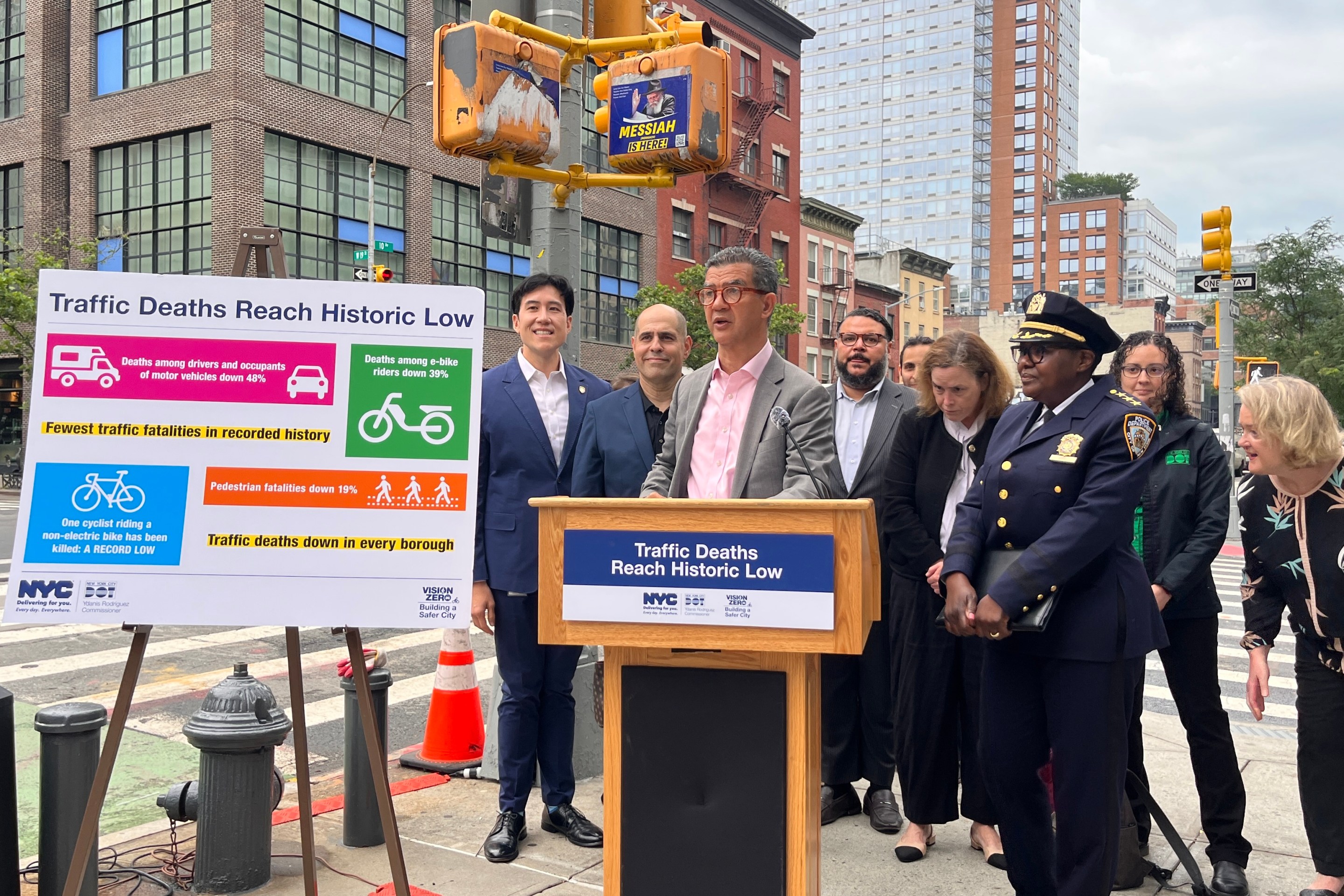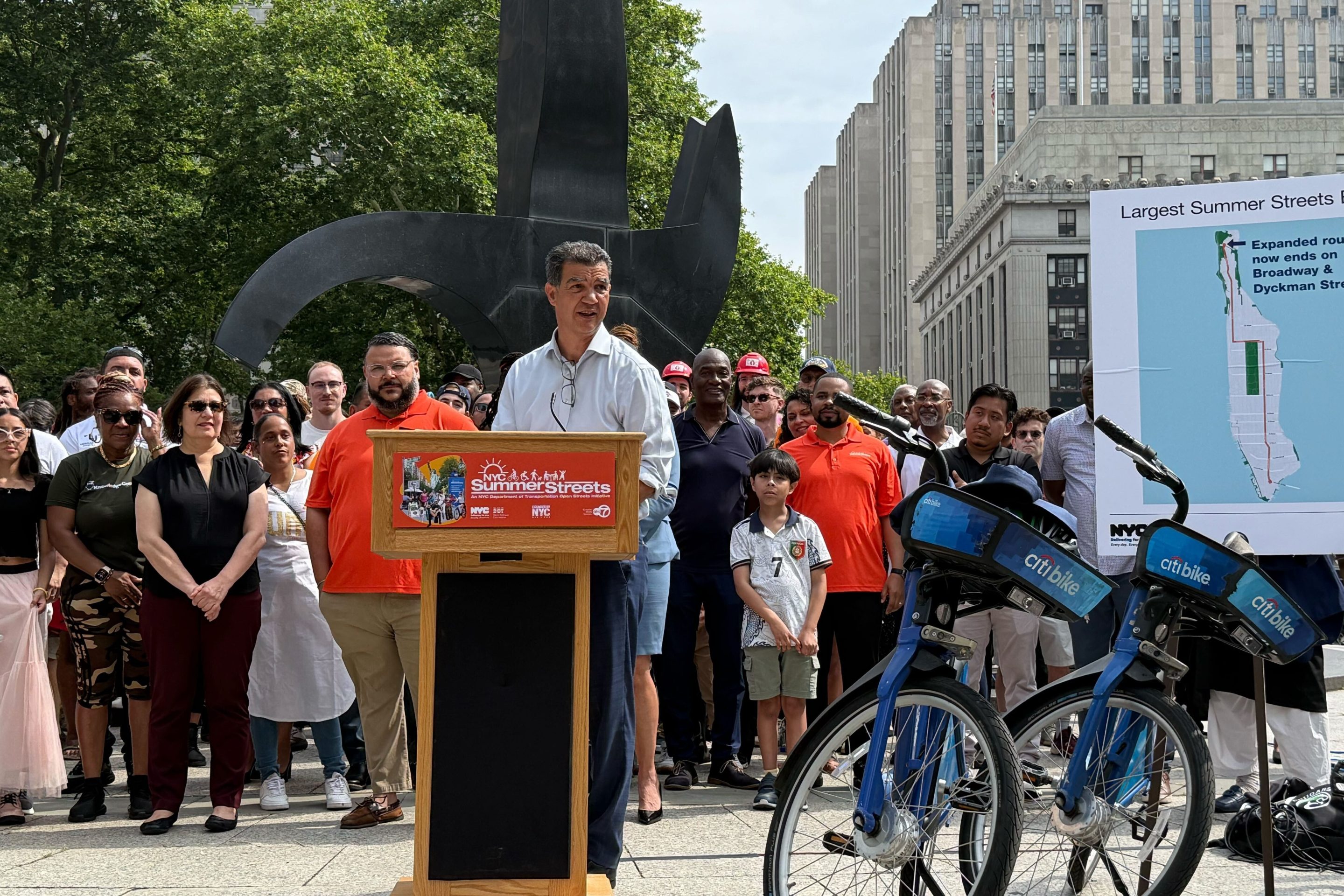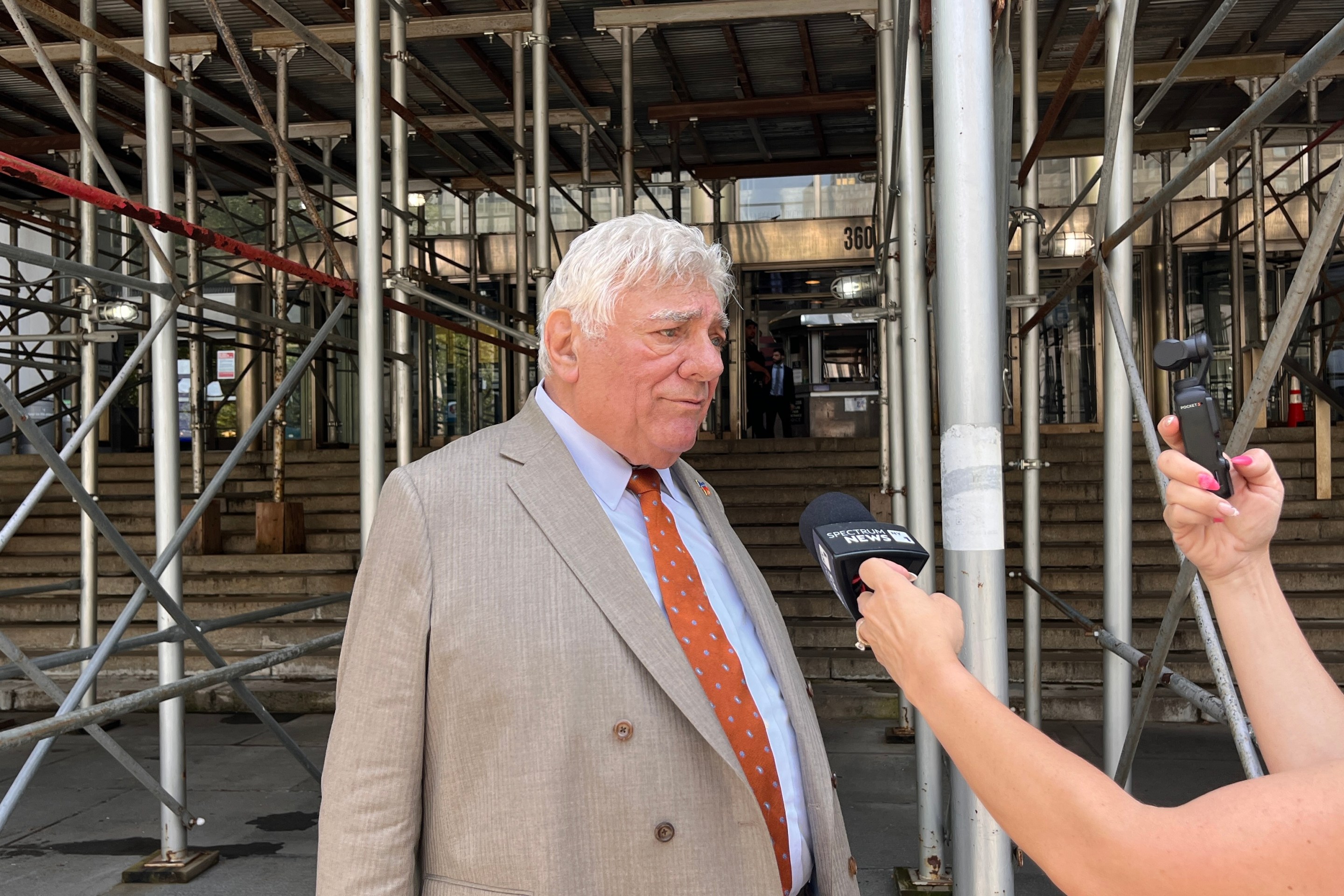Streetsblog is pleased to present the third episode in UCLA planning professor Donald Shoup's ongoing inquiry into whether the Cato Institute's free market principles extend to the realm of parking policy. Read Shoup's previous replies to Cato senior fellow Randal O'Toole here and here.
Dear Randal,
In your September 1 post on Cato@Liberty, you mentioned that the Cato Institute offers free parking to its employees.

I checked and found that not all employers in Cato’s neighborhood offer free parking. For example, consider National Public Radio, which is on Massachusetts Avenue three blocks from Cato. NPR charges all its employees the market rate for parking in the building. NPR has 125 parking spaces and it uses fair market prices to ration these scarce spaces among its 400 employees.
The different parking practices at NPR and Cato reveal quite different policy preferences. NPR prefers the free market while Cato prefers free parking.
Cato’s free parking severely distorts transportation prices. The market price of commuter parking in the commercial garage closest to Cato is $255 a month, so Cato’s free parking subsidizes the cost of driving to work by $255 a month. Because employer-paid parking is a tax-exempt fringe benefit, Cato pays the free parkers a tax-exempt subsidy of $3,060 a year ($255 x 12).
If the round-trip commute distance to Cato is 32 miles (the national average), and if commuters drive to work 22 days a month, Cato’s free parking reduces the cost of driving to work by 36¢ a mile ($255/22 days/32 miles). According to the American Automobile Association, the average operating cost of driving a car is about 18¢ a mile. Because the per-mile subsidy for parking is twice the per-mile cost of driving, Cato’s free parking reduces the out-of-pocket cost of driving to work by two-thirds. Free parking therefore grossly distorts market prices in favor of commuting by car.
In your campaign for market policies in transportation, I hope you will try to persuade the Cato Institute to charge market prices for parking, or at least to offer commuters the option to cash out their parking subsidies. Perhaps you might also write a post on Cato@Liberty about Congressman Earl Blumenauer’s bill (H.R. 3271) that would encourage many employers to offer parking cash out. I suspect that might even make the news on All Things Considered.
Donald Shoup
Department of Urban Planning
University of California, Los Angeles





